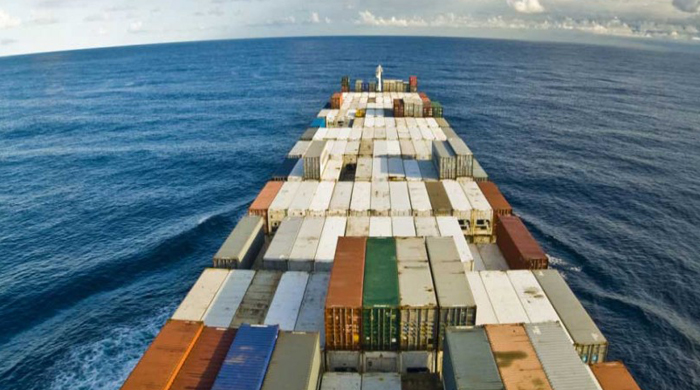
Fresh tariff barrier to Bangladesh exports to India

As the authorities here have been dragging their feet on the issue of anti-dumping duty (ADD) imposed on Bangladesh jute goods by India, the latter, reportedly, is on the move to create yet another barrier to the entry of the same items to its market. The Indian government, according to media reports, is now planning to levy countervailing duty on certain categories of Bangladesh jute products. The imposition of the duties runs counter to the trade concessions that New Delhi has offered to Bangladesh under a regional trade deal, styled, the South Asia Free Trade Area (SAFTA) agreement.
India had long ago slapped ADD on lead-acid battery imports from Bangladesh. Hydrogen peroxide, jute goods and fishing nets are the items that later faced the same barrier. However, the imposition of ADD on jute goods is hurting the Bangladesh's interest most---its export earnings from the same dropped by more than 20 per cent in 2018-19. The Bangladesh government, since the levying of ADD on jute goods, has requested its Indian counterpart to reconsider the issue, but to no avail. Most Bangladeshi jute goods exporters who had approached the relevant Indian authorities for a review of the ADD imposition got no relief.
The Indian government is also under pressure from the domestic textile lobby to restrict growing import of Bangladesh apparels under some pretexts. The relevant authorities there might reportedly go for a review under the 'Rules of Origin' of the SAFTA deal. Overall, the opening of the Indian market for entry of all Bangladesh goods barring 25 in 2011 opened up an opportunity to reduce an ever-widening trade imbalance with the giant neighbour.
The bilateral trade gap, in fact, narrowed, to some extent in recent years. In such a situation, the renewed move to put up fresh tariff and non-tariff barriers to the access of Bangladesh goods to Indian market has triggered frustration among businesses here. Many might find the approach on the part of India a bit harsh and not in line with the much-touted claim that the good neighbourly relations between the two countries are now at its peak.
However, the Indian government, for understandable reasons, has to listen to the grievances of the domestic producers first and do the needful to address those. But while doing so, the relevant policymakers of that country cannot be oblivious of the interests of a close neighbour that has been a victim of significant and ever-widening trade deficit for decades.
Any importing country cannot impose punitive duties on the product/s of another country whimsically. The same can only be slapped if a foreign company exports goods at prices lower than that it charges in its own home market. Prior to putting up any restrictive duty the importing country has to meet certain conditions, including consultations and investigations. Bangladesh policymakers should make forceful efforts to dissuade India from levying punitive duties on its exports. In the event of failure to do so, they should take the issues to the WTO and seek justice.
Editor & Publisher: S. M. Mesbah Uddin
Published by the Editor from House-45,
Road-3, Section-12, Pallabi, Mirpur
Dhaka-1216, Bangladesh
Call: +01713180024 & 0167 538 3357
News & Commercial Office :
Phone: 096 9612 7234 & 096 1175 5298
e-mail: financialpostbd@gmail.com
HAC & Marketing (Advertisement)
Call: 01616 521 297
e-mail: tdfpad@gmail.com